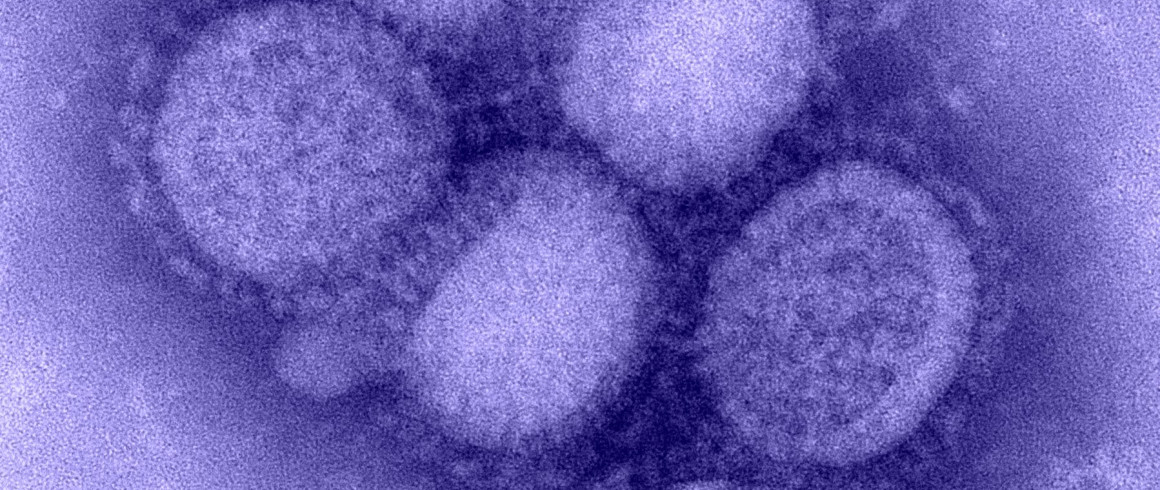Student publishes important research on flu jabs
 Research by Pembroke student Dr Sam Wilks (2007) has shown how seasonal flu vaccines could be made more effective.
Research by Pembroke student Dr Sam Wilks (2007) has shown how seasonal flu vaccines could be made more effective.
Flu strains are constantly changing and evolving. Every year, the World Health Organization conducts hundreds of tests to decide which strains will go into the seasonal flu vaccine that is distributed worldwide. This vaccine provides crucial protection, but by the time it becomes available months later the virus has already begun to mutate. The result is that, in some years, the match between current flu strains and the vaccine strain is not as good as it could be, and protection is reduced.
A new study, co-authored by Dr Wilks and published in Science, has suggested that vaccines can be developed that will not just address the current dominant flu strains, but also pre-empt future strains. Significantly, this could be achieved with no risk to public health.
Dr Wilks worked as part of a team made up of researchers from the UK, Vietnam, The Netherlands and Australia. Over six years they tracked the response of individuals to flu infections and vaccinations. Using computer software they were able to create 3D images of the ‘antibody landscape’, which allowed them to see how the immune system responds to different strains of flu.
They discovered that when a person catches flu, the immune system responds not only to the infecting strain but also to all those that a person has encountered in the past. This phenomenon – which they have labelled ‘back boost’ – means it may be possible to develop vaccines that pre-emptively tackle emerging strains without losing protection against those already in circulation.
Dr Wilks is a graduate student at Pembroke College and a Research Assistant at the Department of Zoology. He explains: ‘Faced with uncertainty about how and when the flu virus might evolve, it’s better to gamble than to be conservative: if you update early, you still stimulate protection against current strains - much worse is if you update too late. Rather than trying to play "catch-up", it’s better to anticipate and prepare for the likely next step of influenza evolution - and there is no penalty for doing it too soon.’
For more information, see the University's research website or you can read the original paper in Science (subscription required).
